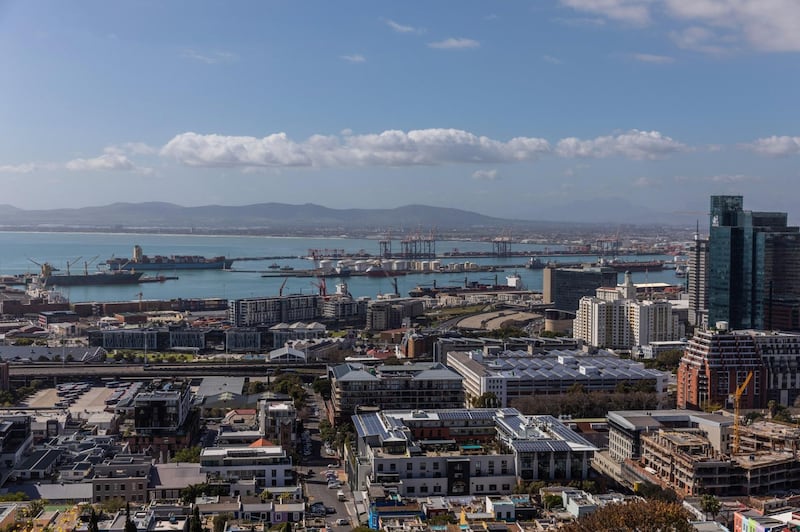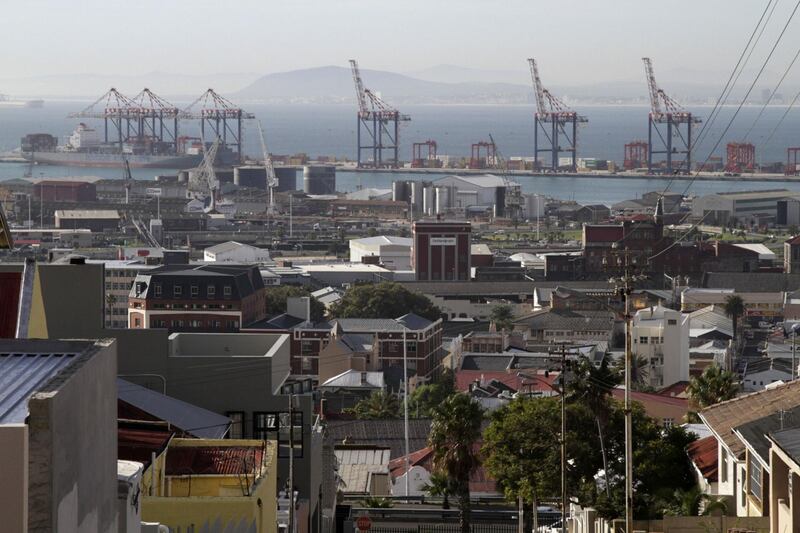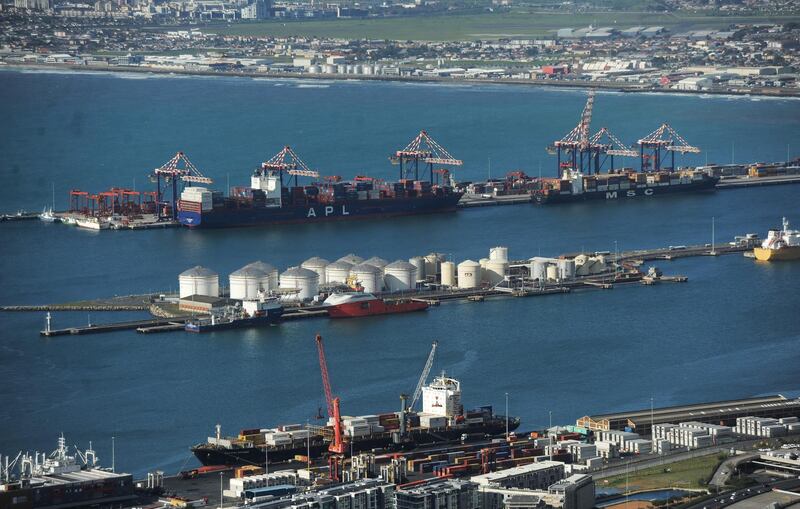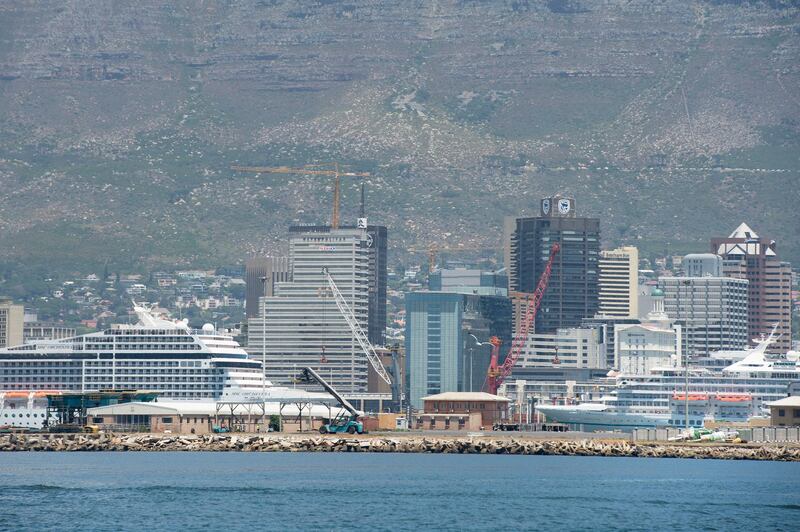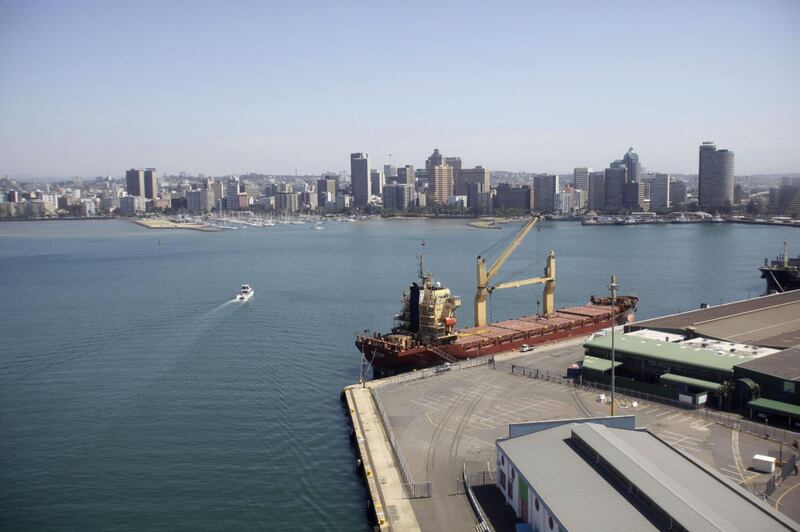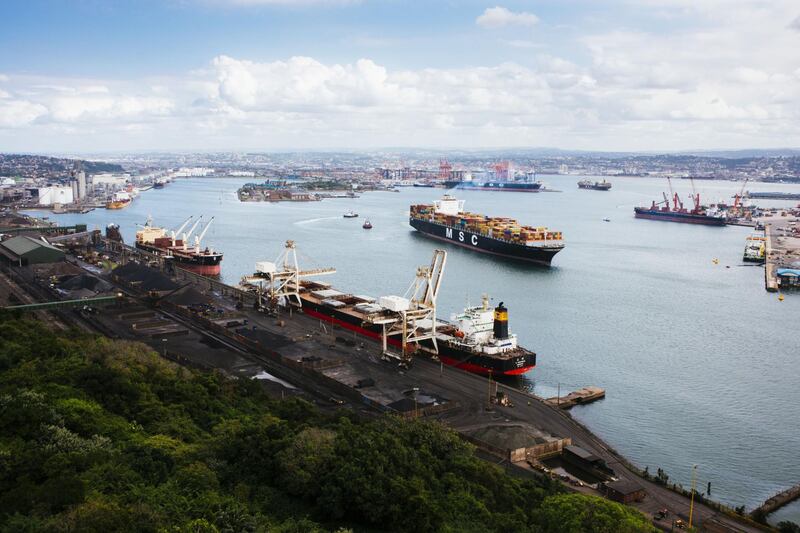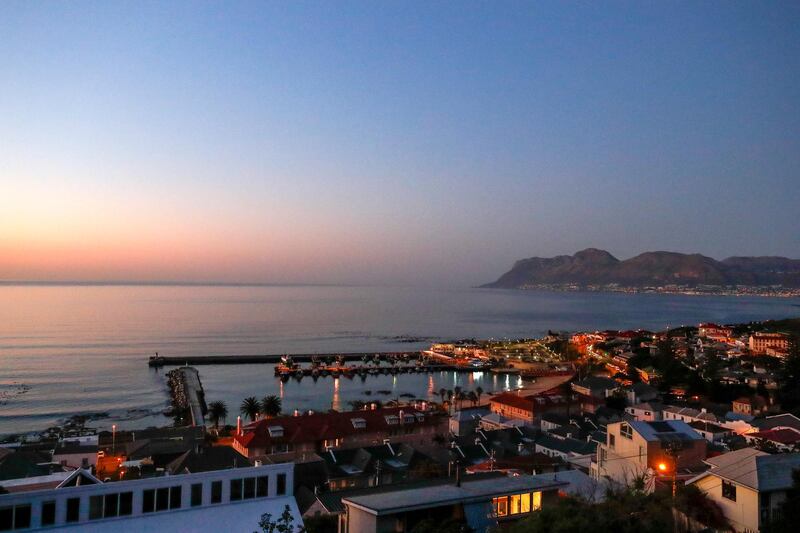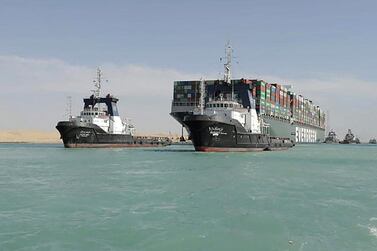Ports across Africa are emerging as potential winners after a high tide and strong winds forced a giant container vessel to run aground and block one of the world’s important waterways for trade.
Many cargo carriers rerouted to sail around the Cape of Storms after the Suez Canal logjam stalled the passage of ships, holding back goods worth about $9.6 billion a day.
The change in route is not expected to smooth sailing as it adds about 9,650 kilometres to the ships’ journey, with additional costs and threats like piracy. But it is a sea route that mariners have undertaken for centuries.
“People have forgotten their history,” said Catherine WynScully, an international relations consultant in Cape Town.
“The sea route to the east was from its earliest days formed around the ports of Saldanha, Cape Town and Durban in South Africa. There is nothing stopping ships from taking that extra week around the tip of Africa.”
The 400-metre, 200,000-tonne Ever Given container ship that has been wedged across Egypt's Suez Canal for about a week was refloated on Monday.
It has held up more than 400 vessels on either side of the canal but authorities are hopeful of clearing the passageway soon.
But many ships have changed course over the last few days.
At the weekend, international vessel tracking platforms such as FleetMon showed ultra-large container ships were deviating from their courses to head south. The HMM Rotterdam, which is on its way to China from the Netherlands, veered round Gibraltar and headed towards the Cape.
It is unclear at this stage how many vessels will need to put into port to refuel and swap out crews but they have various options.
Africa has around 170 ports and harbours of varying size. West and East Africa have several large ports in Lagos in Nigeria and Mombasa in Kenya.
However, piracy threats are likely to lead some ships to bypass them and head further south if they need to make landfall.
Southern Africa is home to the busiest terminals in sub-Saharan Africa, such as Cape Town and Durban.
However, few ports have the bunkering and berthing facilities for large vessels should they require it. Smaller ships, may well be put into ports especially if they are not set up for a longer voyage.
“A factor which has not been discussed much yet is that taking the longer route around South Africa likely requires ships to stop to take on fuel,” said Darren Oliver, director at African Defence Review in Johannesburg.
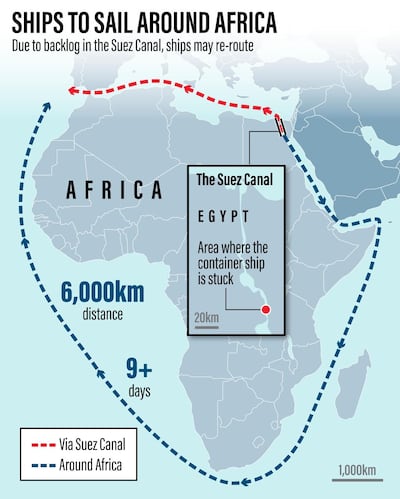
A journey around the Cape for a large container ship, super tanker or Capesize vessel will cost an extra $400,000 in bunkering alone, financial data company Refinitiv said in a report.
There are also capacity constraints, as some South African ports such as Cape Town “were already buckling under severe congestion months ago”, Mr Oliver said.
Years of underinvestment have left ports such as Durban and Cape Town ill-equipped to handle existing traffic.
During the Suez crisis of 1956, South African ports struggled to service the sudden influx of ships, which included dozens of passenger liners as well as cargo vessels.
However, a spokesman for Transnet, the state entity that controls ports in the country, said it is ready to welcome ships that changed course from the Suez Canal despite the sudden rush.
“Inclement weather over extended periods and availability of equipment has placed pressure on the entire system,” he said. “This has resulted in recent backlogs that are expected to clear soon."
He added that its ports were prepared to accommodate additional traffic. “We are fully operational and ready to assist vessels that pass by our shores. Durban is also capable and ready to lend assistance.”
The recently renamed east coast harbour of Gqeberha, formerly known as Port Elizabeth, could also accept vessels.
Gqeberha is also home to the region’s only offshore fuel bunkering facility. This can be used to supply vessels with bunker oil, without them having to dock – a useful option for ships too large to dock in the country’s ports.
In the meantime, Western Cape premier Alan Winde has issued instructions to Cape Town to prepare for a possible influx of vessels. "Why should they sit in a queue when you can come and spend a couple of days replenishing in the world's most beautiful city?" he told The Times of London.
